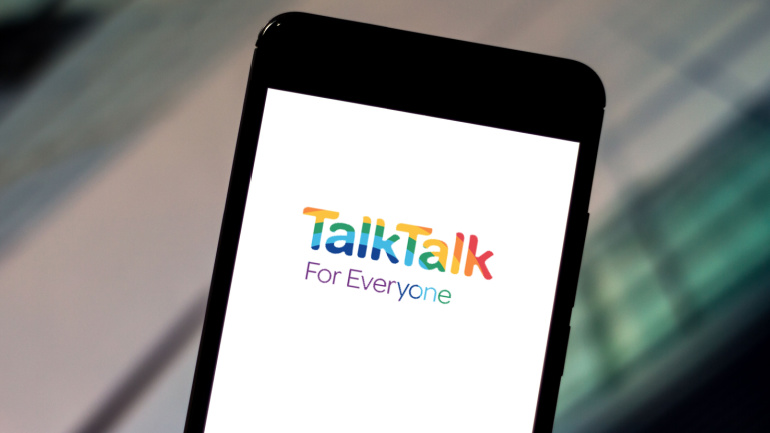TalkTalk, the well-known Broadband ISP is about to experience a significant transformation. Yesterday, they announced a decision to separate the organization into three distinct entities focusing on business, consumer, and wholesale operations. This decision required a significant shift in leadership, notably, the current CEO, Tristia Harrison, is making her departure soon.
Harrison, who has held her role as CEO since 2017, will be overseeing the segregation before she resigns and passes the baton to her successors. Tom O’Hagan is stepping up to take control of the wholesale unit due to his extensive industry experience. Simultaneously, Adam Dunlop grabs the reins of the consumer unit. Lastly, Ruth Kennedy retains her position to lead the business unit.
According to their official press release, “The separation is expected to be functional by 1st November this year and legally by 1st March in the coming year.” The communication additionally highlighted the benefits of the demerger, including focused customer service, operational simplicity, and independent investment and refinancing standing on each entity’s balance sheet.
This structural adjustment does not come off as unexpected; TalkTalk has been contemplating a business division for a while due to growing debt pressures. Strikingly, their present debts exceed £1.1 billion, with impending deadlines for repayment fast approaching. This economic stress includes a revolving credit facility of £330 million due next November and £685 million in debt, maturing in February 2025. TalkTalk’s financial state has compelled them to reassess their standing and consider various ways to refinance.
One such opportunity came in the form of a proposed £3 billion acquisition by VMO2 last year. This would have provided TalkTalk with a financial boon, but circumstances did not work out in favor. Currently, TalkTalk is anticipating a return of £150 million from its business entity with Daisy Group leading the race after negotiations with Sky fell through.







